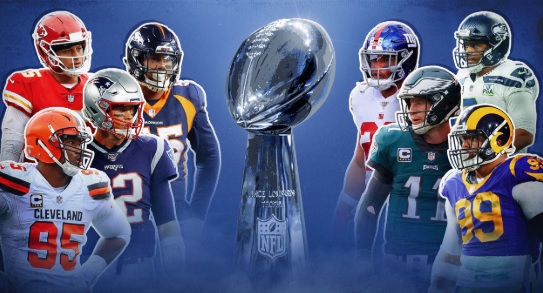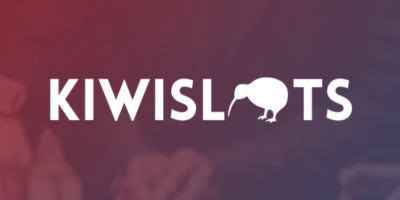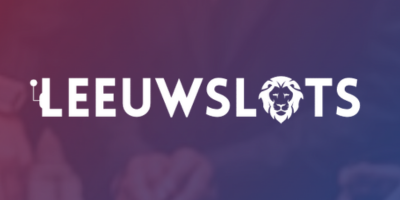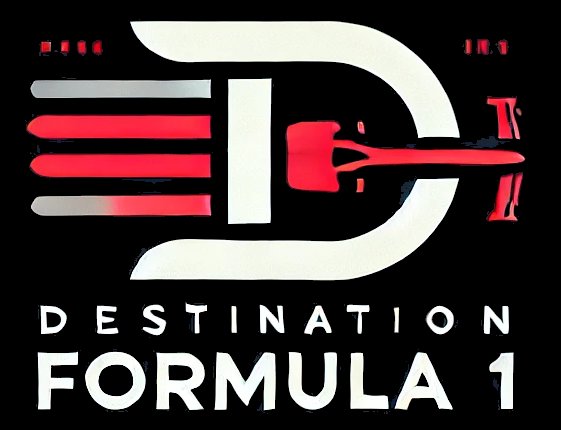The Basics and Beyond. By Scott Rowan
Artificial Intelligence (AI) is reshaping the sports betting industry, from odds compilation to player retention and much more. But to truly understand AI’s role – and its risks – you need to grasp Predictive Processing, a cognitive science theory that explains how both humans and AI make decisions.
Predictive Processing (PP) is the idea that the brain doesn’t passively receive information; instead, it constantly predicts what will happen next and updates its models based on errors. This theory, developed by leading theorists such as Karl Friston and Andy Clark, shows that perception, learning and decision-making are all about minimizing prediction errors – essentially, improving the brain’s model of the world.
This is also how AI works and it is this theory that has been used to build our AI: Algorithms analyze past data, make predictions about future outcomes and refine their models when those predictions are wrong. The better the model, the fewer the mistakes. This predictive loop is fundamental to AI’s success in many fields – including sports betting.
But here’s where it gets tricky: Humans and AI operate differently. AI doesn’t care. It doesn’t weigh emotional, psychological or ethical nuances. While AI can improve decision-making in sports betting, relying on it blindly can lead to disastrous consequences.
The power of AI in sports betting
When used correctly, AI can be a powerful tool in sports betting, revolutionizing key areas such as:
1. Odds setting and market adjustments
AI can analyse vast amounts of historical and real-time data to set accurate odds. By detecting patterns and adjusting for new information instantly, AI-powered models can optimize pricing far beyond traditional human capabilities.
2. Player risk profiling and fraud detection
AI can flag unusual betting behaviours, identify syndicates and prevent fraud. It can also assess a player’s risk level based on betting patterns, helping sportsbooks manage liabilities effectively.
3. Personalized marketing and retention strategies
AI can tailor offers, bonuses and messaging based on a bettor’s preferences, engagement and betting history. This level of personalization increases customer loyalty and lifetime value.
4. Automated customer service and chatbots
AI-driven chatbots can handle thousands of customer inquiries simultaneously, improving response times and reducing operational costs.
There’s no doubt – AI offers massive efficiency gains. But here’s what nobody is talking about: If you don’t understand the limits of AI, it can destroy your sports betting business.
The hidden dangers of AI in sports betting
1. AI has no human understanding – and that’s a problem
The biggest misconception is thinking that AI “knows” what it’s doing. It doesn’t. AI doesn’t think – it calculates based on past data. But sports betting is filled with human variables that AI struggles to quantify, such as:
- Emotional motivations behind bets
- Social dynamics influencing betting trends
- Unexpected human behavior (e.g., fans betting on their team despite poor odds)
AI models can’t truly understand these elements. That’s why sportsbooks that rely purely on AI often make critical errors in pricing, promotions and player engagement.
2. AI can kill the player experience
Sports betting isn’t just about probabilities – it’s about excitement, storytelling and psychology. If you use AI to over-optimize your platform, you risk turning it into a sterile, impersonal experience. Players don’t want to feel like they’re betting against an algorithm; they want to feel like they’re part of the action.
3. AI can lead to bad risk-management decisions
Many sportsbooks trust AI models for risk management, but these models only work under predictable conditions. When something unexpected happens – like a global pandemic, a rule change or a new betting trend – AI struggles to adapt quickly enough. If a business relies too heavily on AI, it may fail to react appropriately to unforeseen risks.
4. AI can cause over-reliance and strategic blind spots
If everyone is using AI the same way, where is your competitive advantage? The reality is that many sportsbooks are all feeding AI with the same data, leading to identical strategies. The real winners will be the ones who combine AI insights with deep human expertise to find opportunities others miss.
The winning formula: AI + cognitive science +human expertise
So, what’s the right way to use AI in sports betting? The answer is balance. The businesses that will win the sports betting battle are those that integrate AI while understanding its limitations. They will:
- Use AI for automation and efficiency but keep human oversight for key decisions.
- Leverage behavioural science to predict human betting behaviour better than AI alone.
- Apply Predictive Processing insights to improve risk management and user engagement.
Understand the nuances of player psychology to create a superior betting experience.
About the author
Work with the only trainer and consultant who understands all these areas in the iGaming industry. Most sports betting consultants either focus on AI or on business strategy. But the truth is, to truly succeed, you need both. I am the only consultant in the iGaming industry who combines:
• Deep expertise in AI and Predictive Processing (understanding how AI models work)
• Behavioural and cognitive-science insights (understanding how bettors actually think and behave)
• 15 years of experience in sports betting and iGaming
If you get your AI strategy wrong, you will pay the price. If you get it right, you can dominate your market. AI predicts trends but behavioral science explains why they happen.
I train iGaming teams to use both AI and behavioural insights to improve acquisition, customer engagement, risk management, profitability and much more.
Reach out to me on LinkedIn: Scott Rowan. Let’s have a chat
*** This article was originally published in March 2025 edition of Sports Betting Operator Issue 015 Volume 007***





























